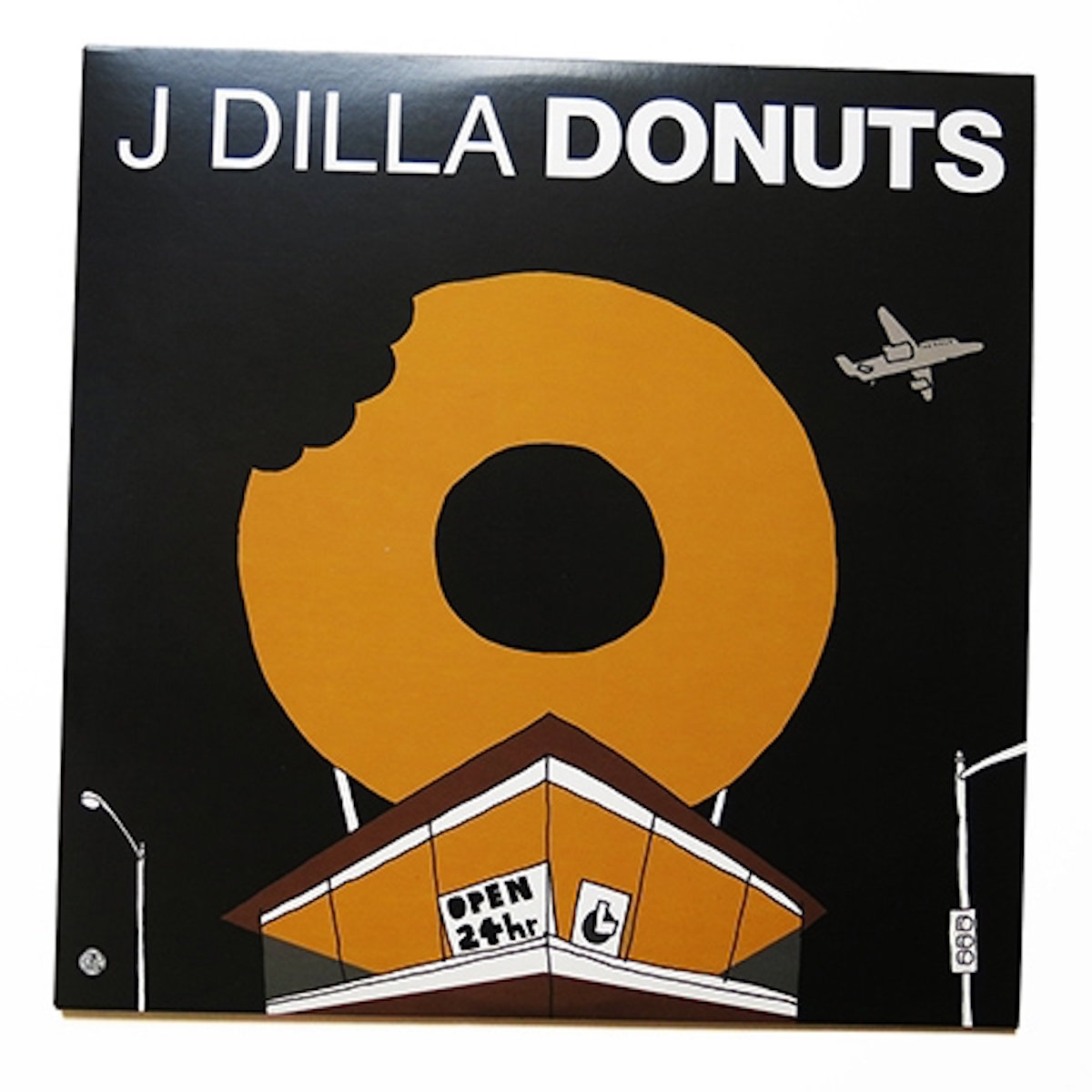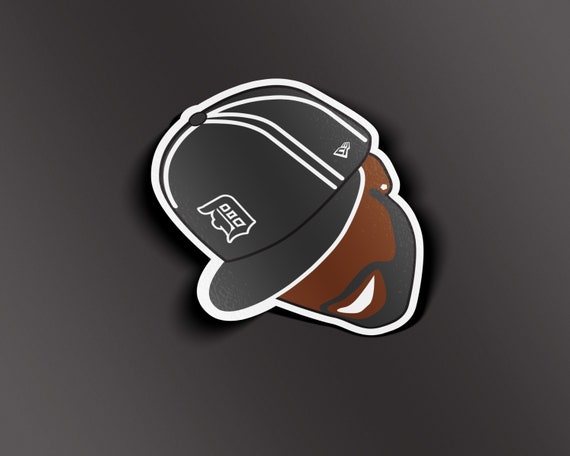

Dilla sprinkled the tracks here with bits of Detroit jazz, techno, deep soul, bossa nova, and Afro-Funk, ideas that don’t seem so radical now mainly because he did this 20 years ago. And since this expanded release adds instrumental versions of every track from the original release, cassette demos, re-mixes, and alternates, it is one more reminder of just why he remains so celebrated. Now BBE is giving this experimental celebration of Detroit hip-hop its most thorough re-issue, differentiating it from the sprawling trove of posthumous Dilla releases that have gloriously glutted record bins these last 14 years. It was also released before the MCA contract on DJ-run UK label BBE as part one of their “Beat Generation” series. That year’s Welcome 2 Detroit was also the first release to feature the name J Dilla, changed from Jay Dee, the moniker he had adopted as the producer of tracks by the likes of everyone from the Pharcyde to Common to Erykah Badu toward the end of the 20th century and the dawn of the 21st. While some of his productions saw the light of day - a collaboration with Madlib and an EP, Ruff Draft, for example - 2001 was the last time Dilla had released an album under his own name before Donuts. As busy as he was in the five years before Donuts, he was also locked into a contract with MCA, a label that shelved albums Dilla produced as well as ones where he was the MC, fearing they were not commercial enough. The album also has the sad distinction of being the last LP Dilla released in his lifetime he died of a rare blood disease three days after Donuts dropped. It’s a record that has seen multiple reissues over the years, and I suspect copies are filed in collections not otherwise big on rap.

It had broad appeal beyond underground hip-hop circles. It’s been 15 years since J Dilla released Donuts, an album whose deft manipulation of sampling makes it perhaps the most influential instrumental hip-hop record ever produced.


 0 kommentar(er)
0 kommentar(er)
